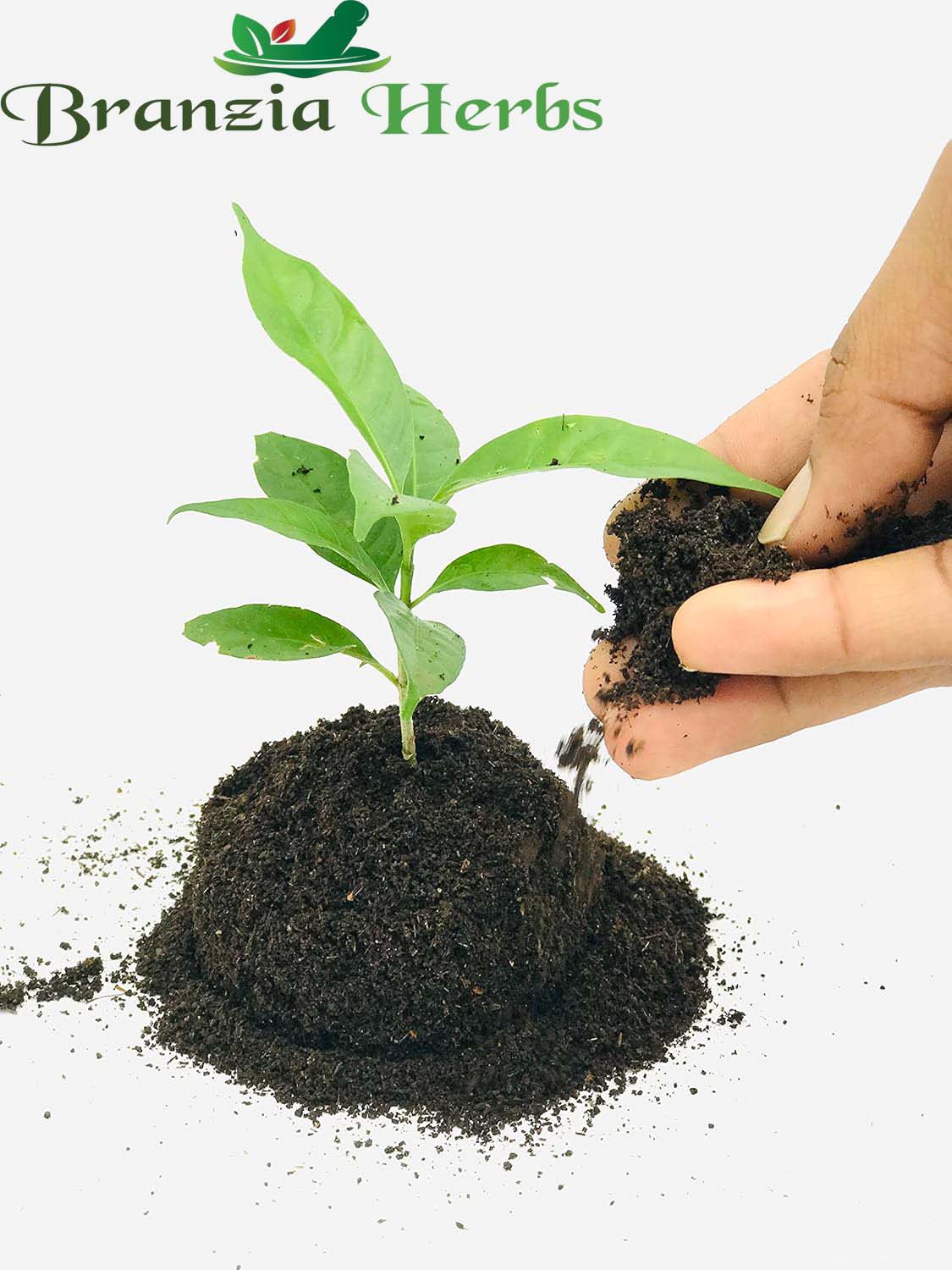Description:
-
Appearance: Amar Bel is a climbing shrub with heart-shaped leaves and green, fleshy stems. The plant produces small, greenish-yellow flowers and small, round fruits.
-
Taste: The plant parts used medicinally have a slightly bitter taste.
Uses:
-
Traditional Medicine: Amar Bel is widely used in Ayurvedic medicine for its various health benefits. It is considered a powerful tonic and adaptogen, which helps the body adapt to stress and enhances overall vitality.
-
Culinary Uses: It is less commonly used in cooking but may be included in herbal teas or health supplements.
Benefits:
-
Immune System Support: Amar Bel is known for its immune-boosting properties. It is believed to enhance the body’s ability to fight infections and illnesses.
-
Digestive Health: It helps with digestive issues, including indigestion, constipation, and gastritis. It is known to have a detoxifying effect on the digestive system.
-
Anti-Inflammatory and Antioxidant: The plant has anti-inflammatory and antioxidant properties, which can help reduce inflammation and oxidative stress in the body.
-
Blood Sugar Regulation: Amar Bel may help in regulating blood sugar levels and is often used in managing diabetes in traditional medicine.
-
Fever and Respiratory Health: It is used in treating fevers and respiratory conditions, such as coughs and asthma.
Preparation:
-
In Medicine: The stem is the primary part used and can be prepared as a powder, decoction, or tincture. It is often included in various Ayurvedic formulations.
-
In Supplements: Amar Bel is available in capsule, tablet, and powder forms as dietary supplements.
Storage:
-
Fresh Stem: Store fresh Amar Bel stems in a cool, dry place.
-
Powdered Form: Keep powdered Amar Bel in an airtight container, away from light and moisture, to maintain its efficacy.
Note:
Amar Bel is highly valued in traditional medicine but should be used under the guidance of a healthcare provider, especially if you have any existing health conditions or are taking other medications.







